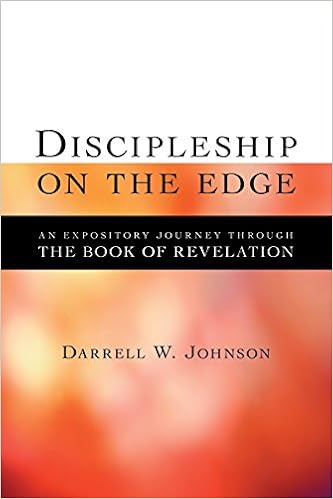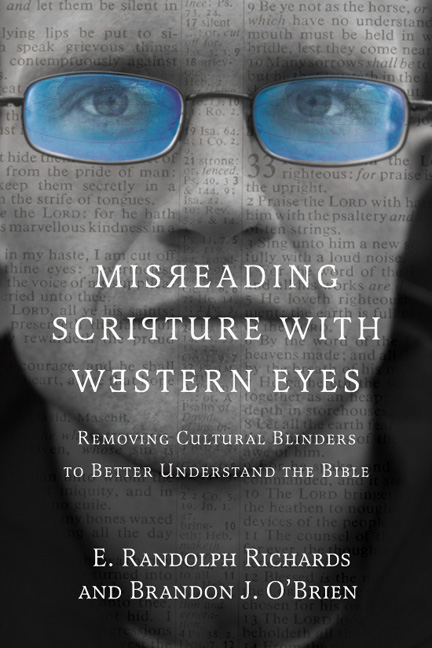Richard Bauckham is professor emeritus of New Testament studies at the University of St. Andrews, Scotland. He is also senior scholar at Ridley Hall, Cambridge and a fellow of both the British Academy and the Royal Society of Edinburgh. He is the author of many distinguished works. The following interview revolves around Professor Bauckham’s book, The Bible in the Contemporary World (http://www.amazon.com/The-Bible-Contemporary-World-Hermeneutical/dp/0802872239).
David George Moore conducted the interview. Dave blogs at www.twocities.org.
Moore: In the introduction you write that “biblical surprises should also be part of the Bible’s relevance to the contemporary world.” Would you unpack that a bit for us?
Bauckham: I meant that we should never feel too satisfied that we know what the Bible’s messages are and how they relate to the contemporary world. If we go on studying Scripture at the same time as we attend to what is happening in our world there will always be fresh insights.
Moore: Some continue to argue that Gnosticism is compatible with Christianity. It seems fairly obvious that this is not the case, so why do so many keep seeking to persuade us otherwise?
Bauckham: We live in a culture that values diversity and so I think the idea that early Christianity was more diverse than we thought is appealing. Moreover, the institutional church is not popular and so the idea of an early version of Christianity that was suppressed by the institutional church for political reasons also appeals. But Gnosticism is a slippery term. I think, for the sake of clarity, we should limit it to the view that the material world was created by an inferior and incompetent deity, identified with the God of the Old Testament, while the Father of Jesus Christ is an altogether different, supreme God. Jesus came from the Father with a message for the elect: that they do not belong in this world, in which they are trapped by their bodies and the hostile god of this world, and can escape to the kingdom of the Father. Gnosticism is anti-Jewish, anti-body, anti-matter.
Moore: It seems quite evident that British biblical scholars are generally more apt than their American counterparts to discuss the abuses of capitalism and the importance of stewarding the environment. If I am correct in my observation, what do you attribute this to?
Bauckham: There is a strong tradition in USA of association of conservative Christianity with right-wing politics and economics. This doesn’t exist in UK. You also need to remember that the political spectrum in USA is considerably to the right of the spectrum in the UK.
Moore: The modern idea of progress is a stubborn and persistent idea. It is resilient in the face of modern horrors like the great wars, genocide, and so much more. How can we better help others see the unbiblical assumptions behind the modern notion of progress?
Bauckham: I always have to explain that, when I criticize the idea of progress, I am not denying that many things have improved (e.g. medicine). But other things have got worse (e.g. climate change). We cannot empirically weigh up all the gains and losses and say that on balance and in total the world is constantly getting better. The idea of progress is an ideology that distorts by making us notice what seem to be improvements and to miss what are often serious downsides of those very improvements. “Progress” very often has victims, but the beneficiaries of this “progress” can the more easily ignore them because the ideology of progress consigns them to a past that is being left behind.
In its origins the idea of progress is a secular version of Christian eschatology. Perhaps that’s why so many Christians are still firm believers in it. But the Christian hope is for a future that comes from God and is not just for those lucky enough to live in the vanguard of progress but even for the dead.
Moore: It is common to hear people announce the death of the Enlightenment Project. Is the Enlightenment over, and if it isn’t, why do so many say it is?
Bauckham: Of course, the Enlightenment was a complex phenomenon, like all such historical movements. Some of its legacy is more or less permanent, other aspects less so. I think many of us were very impressed by the claim that postmodernism was about to succeed the Enlightenment, but it hasn’t really worked out that way. It looks like the West now has a culture that mixes elements of both.
Moore: Do Christians in the West generally have the correct understanding of freedom?
Bauckham: My impression is that Christians generally don’t think about what true freedom is. They unthinkingly go along with the views that are current in our culture. But, seeing that freedom is probably the most powerful concept in contemporary western culture, it is surely vital that Christians think critically about it.
Moore: Give us a few things that you would like your readers to take away from reading The Bible in the Contemporary World.
Bauckham: I hope many readers will come away with the sense that the Bible speaks more broadly to the big issues of our time than they have realized before. And I hope many readers will find that the Bible invites them to be more concerned with the big issues of our time than they have been before.



